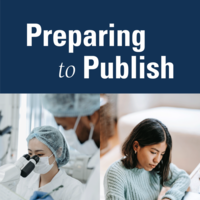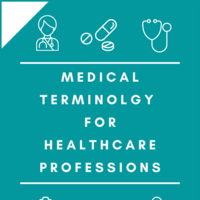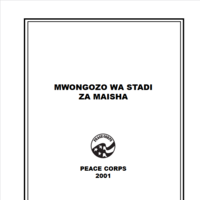Search
Books+
Searching 1,730 books
Search related to the career Medical Writer
How to Start a Career as a Medical Writer
1. Gain a Strong Foundation in Science and Medicine
To become a medical writer, it is essential to have a solid understanding of science and medicine. Consider pursuing a bachelor's degree in a relevant field such as biology, biochemistry, pharmacology, or medicine. This educational background will provide you with the necessary knowledge to comprehend and communicate complex medical concepts.
2. Develop Excellent Writing Skills
Strong writing skills are crucial for a career in medical writing. Practice writing regularly and work on improving your grammar, vocabulary, and overall writing style. Consider taking writing courses or workshops to refine your skills. Additionally, familiarize yourself with different writing formats commonly used in medical writing, such as research papers, clinical trial reports, and regulatory documents.
3. Gain Experience in the Medical Field
To enhance your credibility as a medical writer, gain practical experience in the medical field. This can be achieved through internships, volunteering, or working in healthcare-related roles. Exposure to clinical settings, research projects, or pharmaceutical companies will provide you with valuable insights into medical practices and terminology.
4. Specialize in a Niche
Medical writing covers a wide range of topics, so it's beneficial to specialize in a particular niche. This could be anything from oncology or cardiology to medical devices or regulatory writing. By focusing on a specific area, you can develop expertise and establish yourself as a knowledgeable medical writer in that field.
5. Build a Portfolio
Create a portfolio of your written work to showcase your skills and expertise to potential employers or clients. Include a variety of writing samples, such as articles, blog posts, research papers, or patient education materials. If you don't have any published work, consider writing sample pieces on medical topics of interest.
6. Network and Join Professional Organizations
Networking is essential for finding opportunities in the medical writing field. Attend conferences, seminars, and workshops related to medical writing to connect with professionals in the industry. Joining professional organizations like the American Medical Writers Association (AMWA) can provide access to resources, job boards, and networking events.
7. Seek Employment or Freelance Opportunities
Once you have the necessary skills and experience, start looking for employment or freelance opportunities. Explore job boards, online platforms, and medical communications agencies that offer medical writing positions. Alternatively, you can work as a freelance medical writer and collaborate with pharmaceutical companies, research organizations, or medical journals.
Remember, building a successful career as a medical writer takes time and dedication. Continuously update your knowledge, stay informed about industry trends, and strive to improve your writing skills to excel in this rewarding field.
Source: Various AI tools
Writers
Writing
Journalism
Searched in English.








































